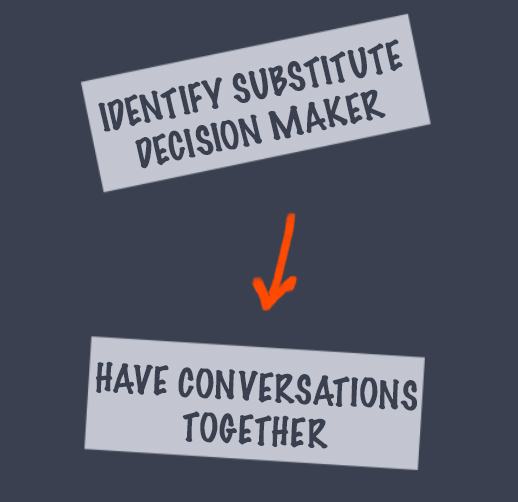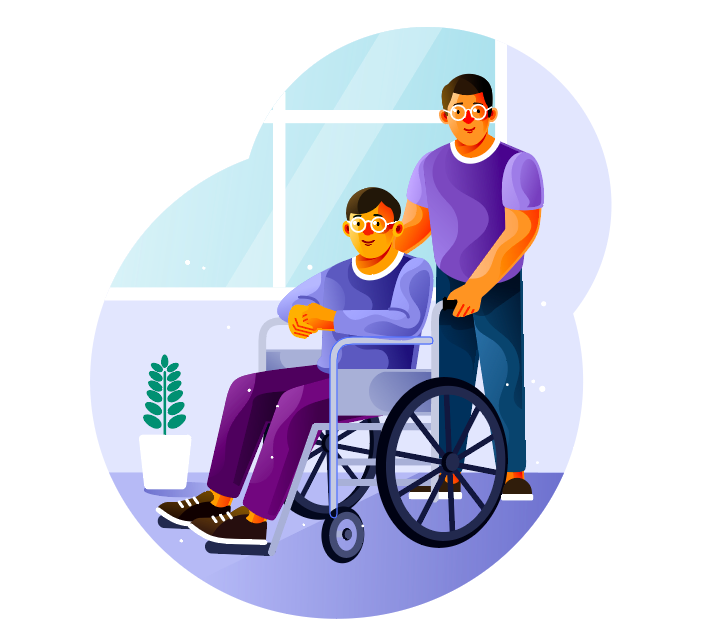Navigating the Healthcare System Checklist
Caring for a friend or family member who requires palliative or end-of-life care can be challenging. You may not know what to expect or how to offer support, but there is a lot you can do and you don’t have to do it alone.

Step 1. Contact a Home and Community Care Coordinator
It is very important to connect with a Home and Community Care Coordinator who can help develop a care plan that is right for your loved one – whether it's nursing care, meal delivery, a day program or help to find a family doctor. You will have access to more services with a Care Coordinator.
Home and Community Care Champlain is connected to every part of the health care system in Ontario and can serve as your single point of contact in obtaining services and information.
Phone: (613) 310-2222
Toll Free: (1-800) 538-0520

Step 2. Build a team
Your Caregiver Team helps support you in giving care. The first step is knowing who they are and where you need to go. Examples of people on your Caregiver Team could be a doctor, nurse, practitioner, specialist, neighbour, family member, or friend.
You can use the "My Team Activity" below to help plan or figure out who is on your team:

Step 4. Get help navigating the healthcare system
The Ontario Caregiver Helpline is a one-stop resource for information and referrals which connects caregivers to the support they need. This might include respite, a support group in your community or programs for the person you care for. The Helpline offers you:
- An opportunity to describe the help you need and match you with information and support services in your community
- Community Resource specialists who are trained to understand the unique needs of caregivers in English and French
For more information visit the: Ontario Caregiver Helpline.
Step 5. Access hospice support
Did you know that your loved one can access hospice services for years before they die? Hospice is not just for the last few months of life. Caregivers can receive support from hospices for years.
Hospice programs offer support to people with life-altering illnesses, including their families and caregivers. You don't need to get a referral from a doctor for a hospice. Trained volunteers may offer home visits and some hospices also offer day programs, equipment lending and support groups.
For more information on hospices in the region, visit: Services and Supports in Eastern Ontario.


